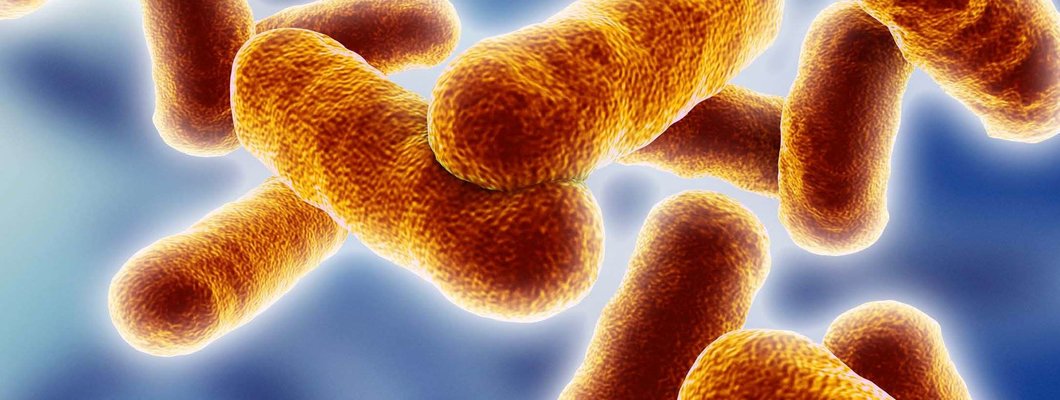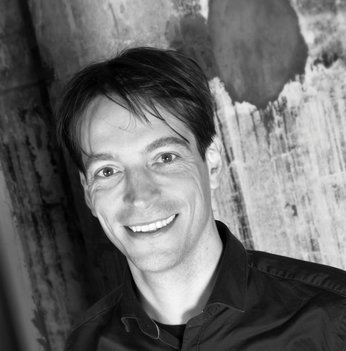
Bioclear earth has partnered with the Universitat de València, Technische Universität Dresden and the company Darwin Bioprospecting to conduct a ground-breaking study on the microbiome of anaerobic digesters. The study was financed by the European Union in the project ‘Micro4Biogas’.
In our study, we gathered data from 80 large-scale anaerobic digesters in three different countries. These digesters help break down organic materials without the need for oxygen. We analysed a lot of data, including the types of microbes living in these digesters and linked them with the operational conditions and the technical aspects of the systems.
One of the most exciting findings was the discovery of a core group of microbes that we found in each of the 80 digesters, playing an essential role in the production of green gas. This core microbiome consists of MBA03, Proteiniphilum, a non-cultured organism from the Dethiobacteraceae family and a member of the Caldicoprobacter family. In particular, we have uncovered the important contribution of MBA03, an order of bacteria that has been largely unknown until now. It is key to improving the robustness of digestion processes by providing an alternative pathway for the conversion of acetate to methane. It may even play an important role in the hydrolysis of solid substrates. We have named this group ‘Darwinibacteriales’ after Charles Darwin, the founding father of the theory of evolution.
But why is this relevant? Well, these findings have huge implications for improving anaerobic digestion, which is used to break down waste and produce green energy. By understanding which microbes are crucial and how they are affected by factors such as temperature, the type of digester and the material being processed, we can make anaerobic digestion more robust, efficient and environmentally friendly.
In other words, our research is helping us to better understand how nature's smallest helpers can further improve our waste management and energy production. Follow us as we continue to unlock the hidden world of microbes and their role in shaping our world!
For more background information on this topic, we refer to the following articles:
Read more about MICRO4BIOGAS here.
If you have any questions regarding improvements or problems with your anaerobic digester, please contact Jeroen Tideman.
